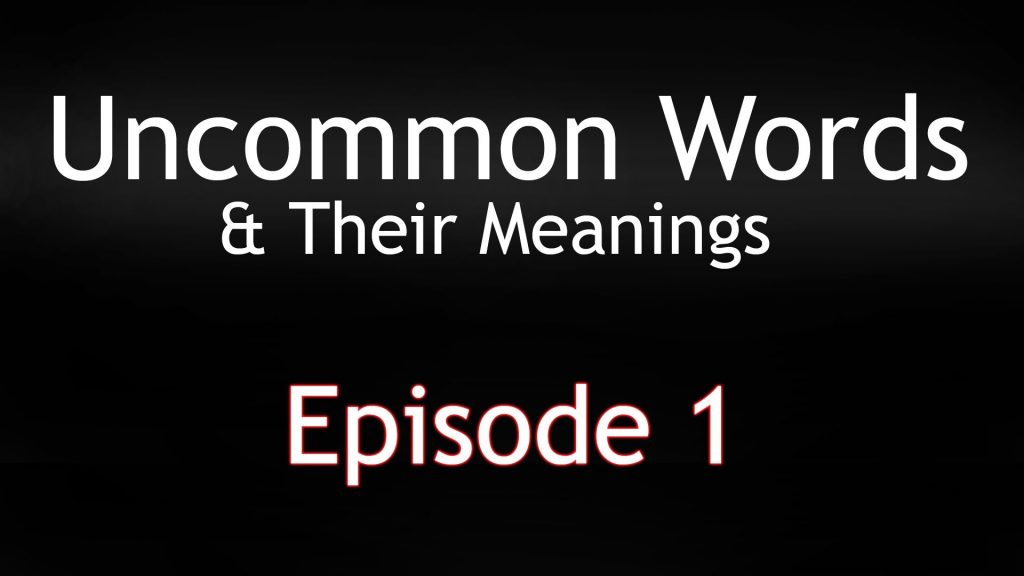
On the last fourth Thursday of every November,* American families gather together to half-watch football, complain about airports, and eat foods covered in baby marshmallows. Most people’s goal, apart from stuffing themselves silly, is to avoid conflict. But there are a few brave individuals out there who will risk getting sent to their old childhood bedroom with no pumpkin pie: sticklers.
These foolhardy souls are more concerned with being right than being popular. They hear a term used incorrectly, and they just can’t stop themselves from piping up about it, damn the social consequences. It is for this group of impolitic pedants that I present the answers to three common Thanksgiving vocabulary arguments. Correct at your own risk.
1. Sweet Potatoes vs. Yams
The sweet potato, Ipomoea batatas, originated in Latin America. It shares a genus with the morning glory and is distantly related to actual potatoes.
The yam, a name for numerous species in the Dioscorea genus, originated in Africa and Asia. The most common species, Dioscorea rotundata (a.k.a. white yam), is a staple food in West Africa.
The two foods have a similar look, but yams are starchier and sweet potatoes are sweeter. The Thanksgiving food is sweet potatoes.
2. Cranberry Jelly vs. Cranberry Sauce
There are two options for your canned cranberry side dish: the sliceable kind and the chunky kind. Ocean Spray, the leading brand, calls them Jellied Cranberry Sauce and Whole Berry Cranberry Sauce, but that’s too wordy to catch on.
“Could you please pass the whole berry cranberry sauce?”
“What is wrong with you?”
The easy way to get someone to pass you the right kind is to call it “cranberry jelly” when it’s slices of gelatinized juice on a platter and “cranberry sauce” when it’s gooey berries in a bowl.
3. Stuffing vs. Dressing
The mix of crumbled bread and spices that is one of Thanksgiving’s most important side dishes has a bit of an identity crisis. Is it called “stuffing” or “dressing”? That depends on where you’re from.
To make a sweeping generalization, in the South, the dish is usually made with cornbread, and it’s called “stuffing” when it’s cooked inside the turkey and “dressing” when it’s cooked separately. In most of the rest of the country, stuffing is stuffing, regardless of whether it’s actually stuffing the bird or not, and it’s usually made with wheat bread.
The regional differences are not exact, though, as you can see from this handy guide to where each term is more common:
This argument can be a tricky one to win because it depends on location and tradition. If you see that the dish is made with cornbread, go ahead and smugly make the distinction between stuffing and dressing. If it’s made with wheat bread, you can try to argue that the portion cooked in the Pyrex is called “dressing,” but you’re not likely to make any converts.
I hope this guide wins you many debates. Please remember to take a long enough break from patting yourself on the back to enjoy some pie. Happy Thanksgiving.
* This post has been updated to reflect the fact that . Hat tip to my friend Shane, a true Thanksgiving pedant, for correcting me on this one.
Required Wikimedia Commons attributions:
Turkey: By Jamain (Own work) [GFDL (http://www.gnu.org/copyleft/fdl.html) or CC BY-SA 3.0 (http://creativecommons.org/licenses/by-sa/3.0)], via Wikimedia Commons
Sweet potatoes: “Ipomoea batatas 006” by Llez – Own work. Licensed under CC BY-SA 3.0 via Commons – https://commons.wikimedia.org/wiki/File:Ipomoea_batatas_006.JPG#/media/File:Ipomoea_batatas_006.JPG


